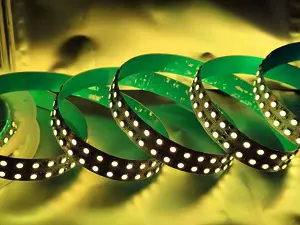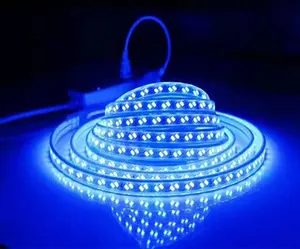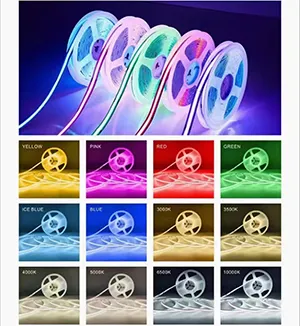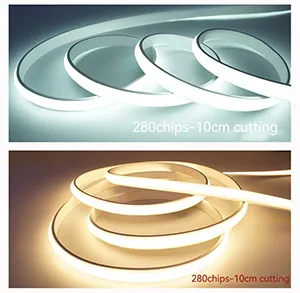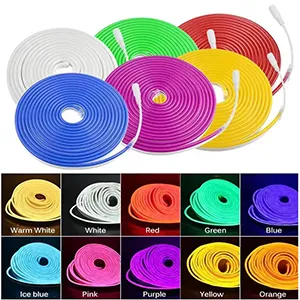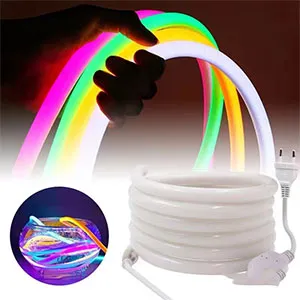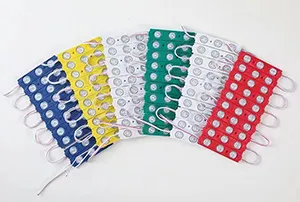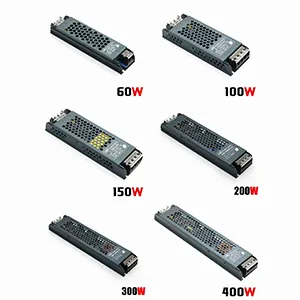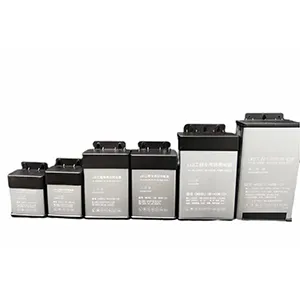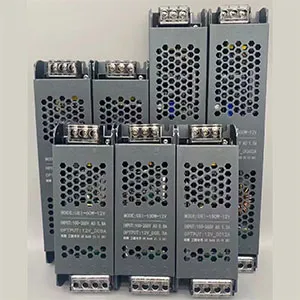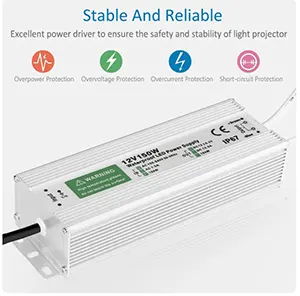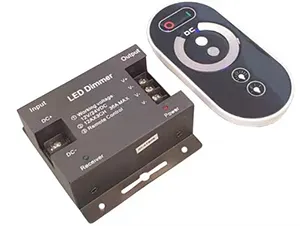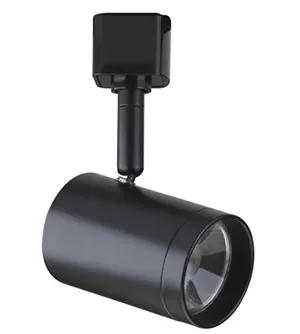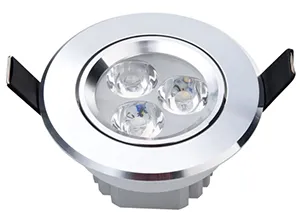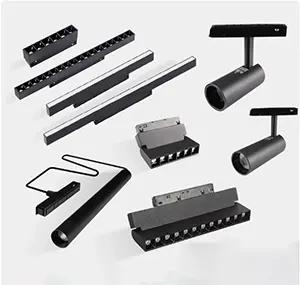How Do SMD LED Strip Lights Differ From Other Types?
Introduction to SMD LED Technology
Surface-Mounted Device (SMD) LED strip lights are a popular choice for both commercial and residential lighting solutions. This preference stems from their design flexibility, energy efficiency, and superior brightness. SMD LED strip lights utilize mounted LEDs on the surface of the circuit board, which contrasts with traditional through-hole LED technology where components are inserted into the board.
Efficiency and Brightness
SMD LEDs are known for their ability to provide more lumens per watt than older LED models and certainly more than incandescent or fluorescent fixtures. Typically, SMD LED strips operate within the range of 70 to 90 lumens per watt, making them highly energy-efficient. This efficiency doesn’t come at the cost of brightness; these strips are often brighter due to the higher density of LEDs per foot.
Versatility in Design
One of the most notable advantages of SMD LED strip lights is their versatility. These strips can be cut to specific lengths at marked intervals, which typically range from every 2-6 inches, depending on the model. This feature allows users to customize the length of the LED strip to fit specific spaces perfectly, which is not always possible with other types of LED strips.

Color Range and Applications
SMD LED strips are available in a wide color spectrum, including adjustable white tones that range from warm to cool white. This variety is especially beneficial for environments where mood setting is crucial, such as in hospitality or retail. Moreover, the uniformity in light distribution with SMD LEDs is excellent, making them suitable for indirect lighting in coves, under cabinets, or as accent lighting.
Durability and Longevity
The physical construction of SMD LED strip lights contributes to their durability. These LEDs are mounted on a flexible circuit board, which is then protected by a silicone cover. This design provides resistance to dust, moisture, and mechanical impact. Additionally, SMD LEDs have a lifespan ranging from 35,000 to 50,000 hours, which reduces the need for frequent replacements.
Cost-Effectiveness
Initially, SMD LED strip lights might appear more expensive than other lighting types; however, the long-term savings on energy bills and replacement costs provide a significant return on investment. The energy efficiency and extended lifespan of SMD LEDs mean lower electricity costs and less frequent maintenance.
Installation Simplicity
SMD LED strip lights are straightforward to install. Many models come with a self-adhesive backing that sticks to most surfaces without the need for additional hardware. This ease of installation saves on labor costs and makes it a feasible DIY project for many homeowners.
Discover More About SMD LED Strip Lights
This resource provides detailed specifications and potential applications, helping both beginners and professionals in making informed decisions regarding their lighting projects.
Conclusion
SMD LED strip lights stand out from other types due to their high efficiency, customizable lengths, and broad color spectrum. These features make them an attractive option for various lighting needs, reinforcing their popularity in the lighting industry.






